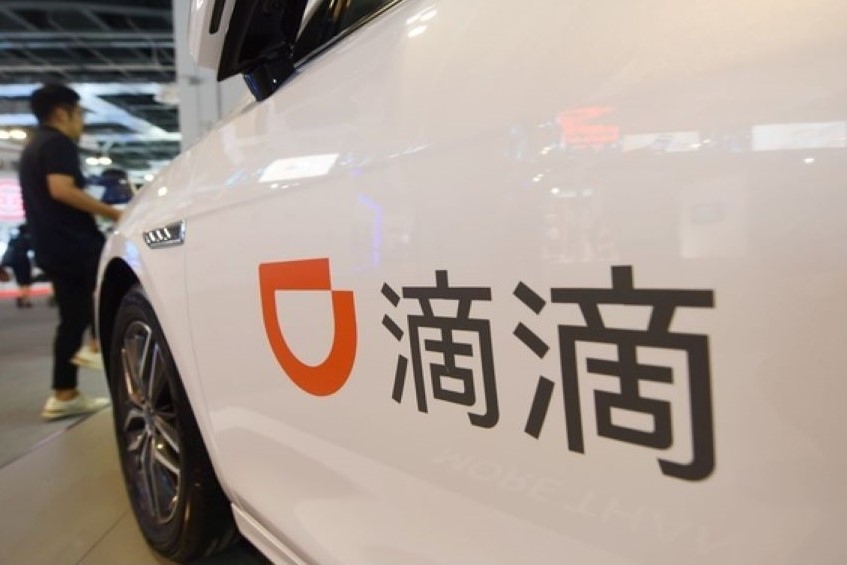China's sustainable investing shows no sign of letting up


Highlighting the'S' in ESG
For Chinese companies, the pandemic has offered the biggest test of collective social responsibility in years, with a slump in exports and city lockdowns threatening millions of jobs and livelihoods.
In February and March, many large State-owned enterprises stepped up to pledge not to cut jobs during the outbreak, which has helped stabilize the Chinese economy in the face of an unprecedented challenge. The Heilongjiang government, for instance, urged SOEs in the northeast province to keep all their workers in March.
And it wasn't just the SOEs-private-sector companies like Midea and Galanz, for instance, have also vowed not to cut jobs or wages during the outbreak.
Some State-owned giants went beyond vowing to preserve jobs, and took action to help bail out their smaller private suppliers during the COVID-19 crisis.
China Mengniu Dairy, for instance, provided zero-interest funding to cow farms caught up in temporary financial liquidity problems. The dairy producer also prevented a lot of raw milk from going to waste by maintaining its purchases-despite a falloff in consumer demand-and converting it into powder.
Although this may squeeze Mengniu's near-term margins, it should help preserve its supply chain and boost its sustainability over the long run.
Similarly, ride-hailing private company Didi Chuxing worked with leasing firms to provide financial relief for drivers in February, extending vehicle leases and postponing leasing charges for a month, which amount to 3,000 yuan to 4,000 yuan ($420-$560) for an average driver. Drivers also received free masks and disinfection services during the outbreak.




































